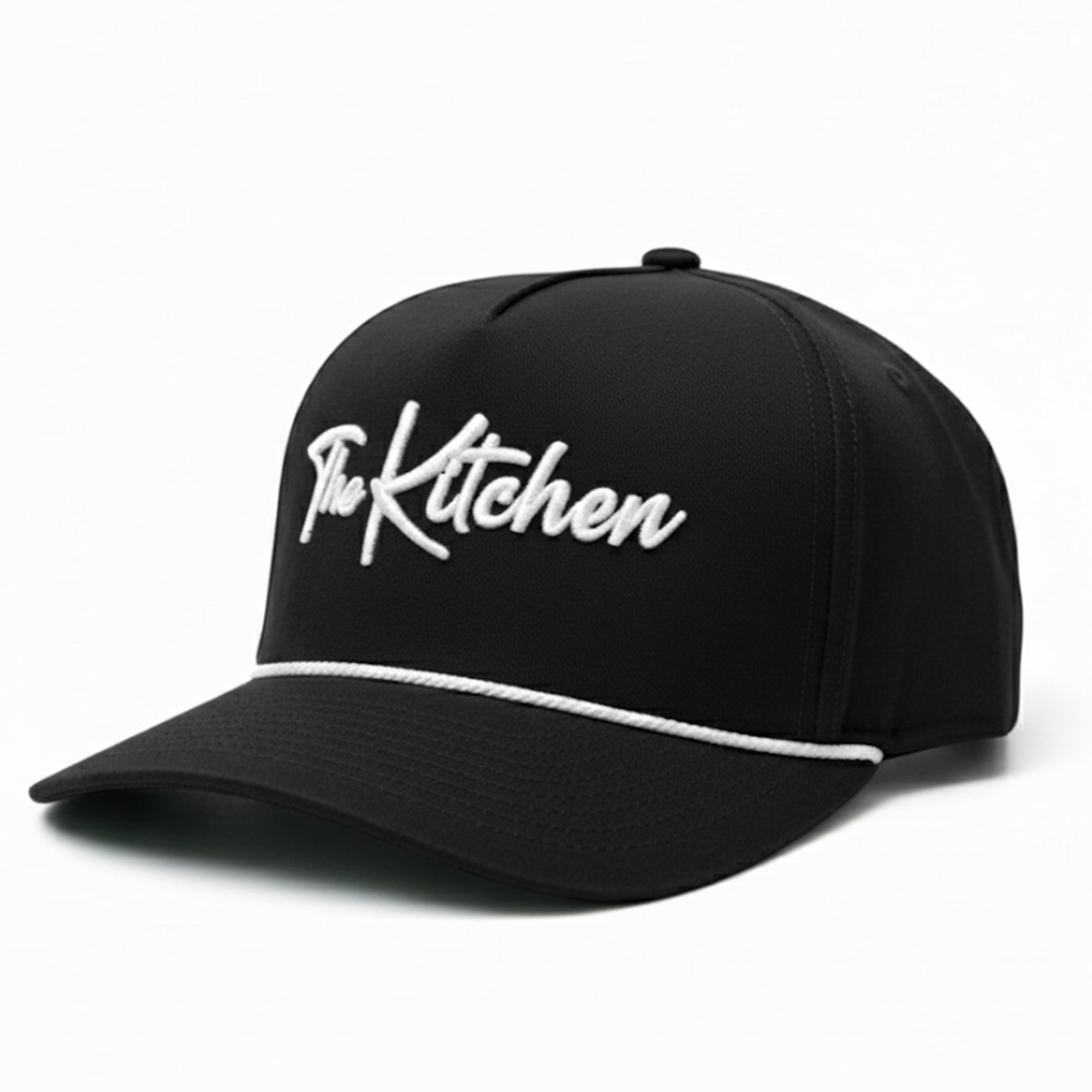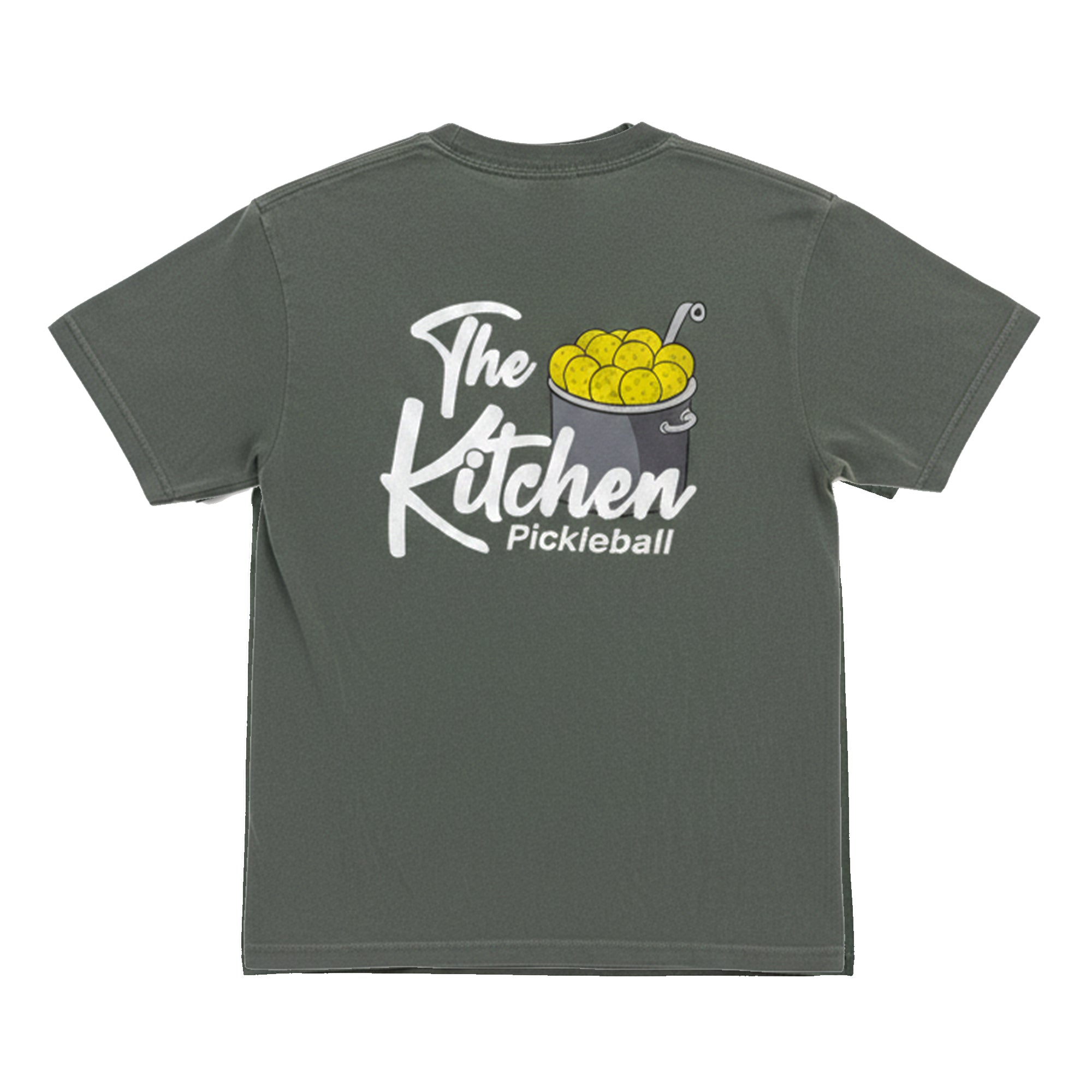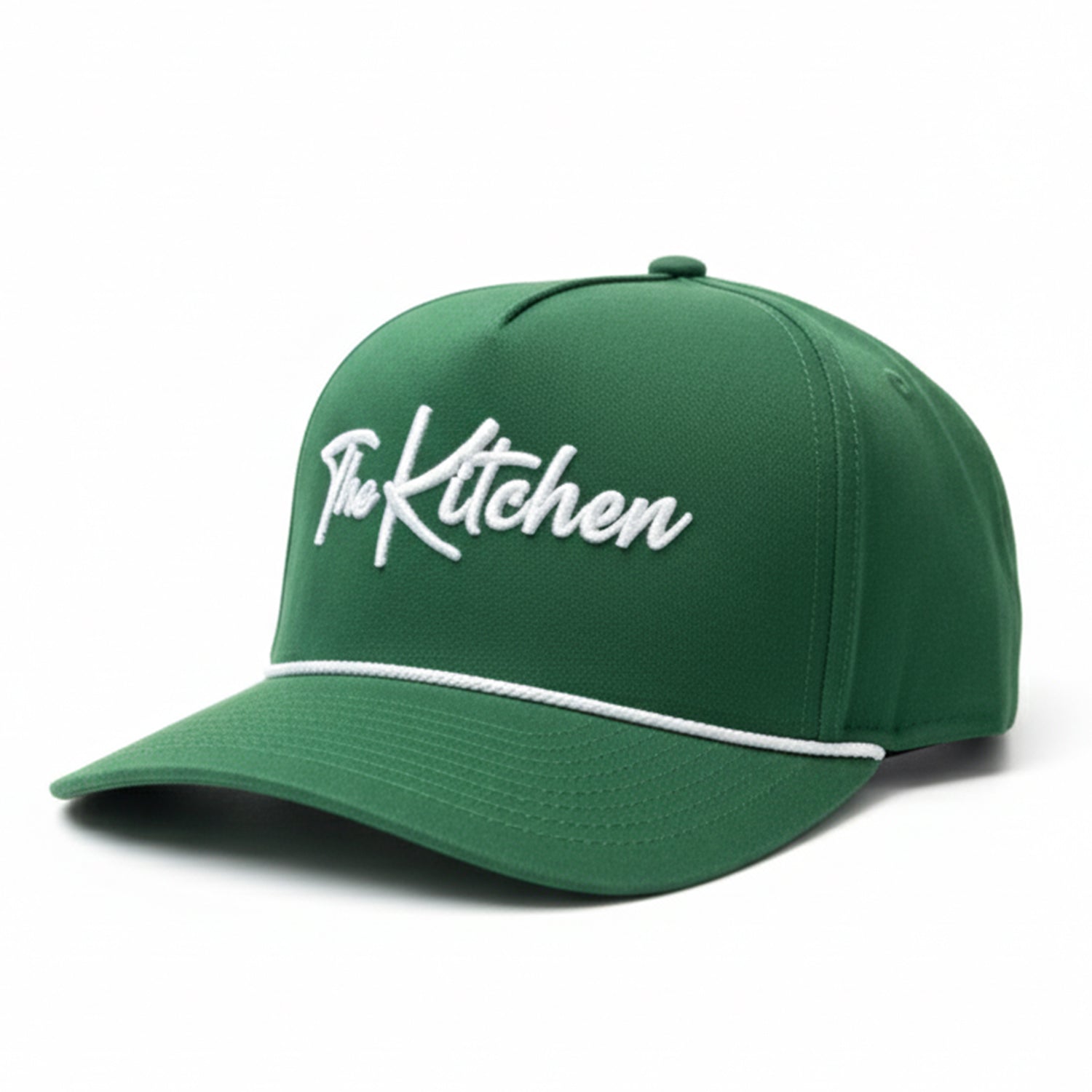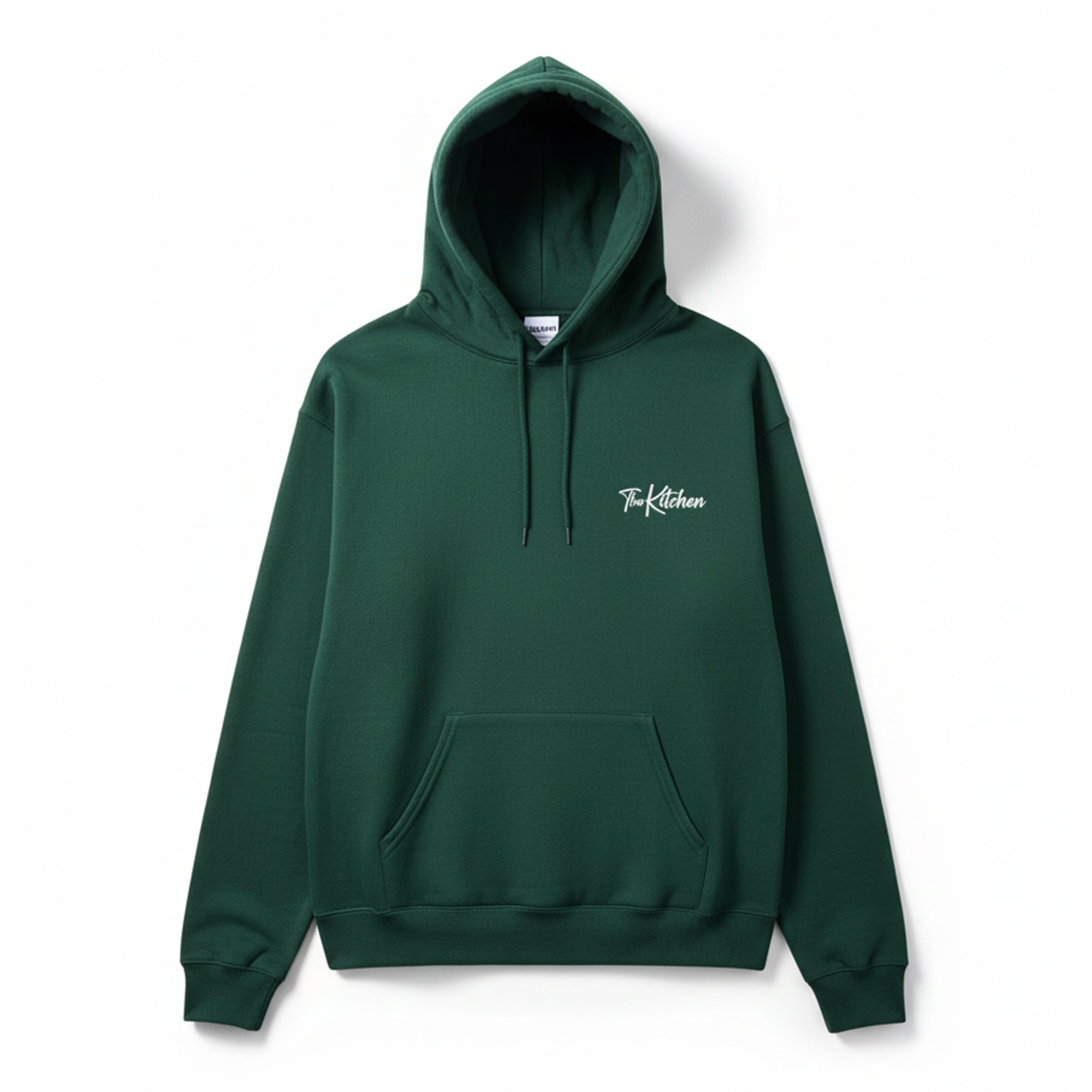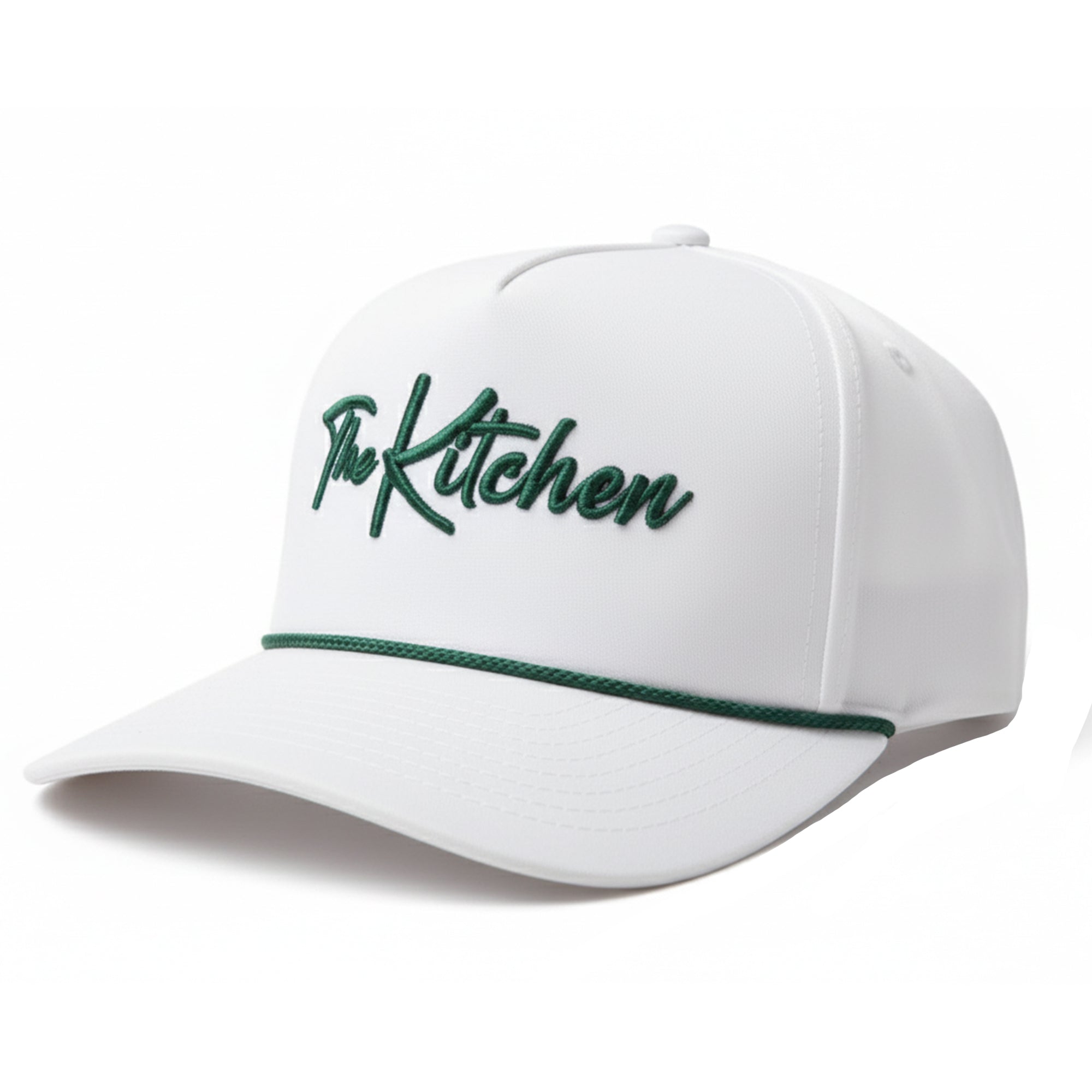Navigating the disputed 'out' call in pickleball -- a case study
Last Edited
Nov 04 2025
Category
Instruction
Whether you've been playing pickleball for several months or several years, you've probably encountered the following scenario: You hit a volley that lands very close to the baseline. I mean, the ball is right on (or next to) the line. You think your shot landed in.
But your opponent sees things differently and calls the ball “out.”
How do you react to this situation? Many pickleball arguments start from this very premise. Player A, who hit the ball, thinks the ball is in. Player B, who is making the call, thinks the ball is out and calls it as such.
Where line call disputes go wrong
At a minimum, it is likely that Player A feels cheated – even if just a little bit. Perhaps it escalates and words are exchanged. A friendly game of pickleball can quickly devolve in these situations.
This is because Player A believes that Player B is doing something to them. Like Player A is a “victim” of the bad call made by Player B. Player A’s feelings are grounded in a lack of agency. Once Player A takes agency over their role in the negative situation we can avoid this reaction. Stay with me on this one – it will click in a moment.
As we move forward, we are going to lean on this premise: Every single pickleball player in the world has made “bad” calls. I have made bad calls. And, yes, you too have made bad calls. This does not mean we have intentionally cheated.
The bad calls are simply because we are human and, as humans, we will err. Think of how often it is difficult to make the call to begin with. Even if you are giving the benefit of the doubt, where are you drawing the “benefit” line? Even as much as you may try, your perception is in itself flawed.
The specifics of how this happens are beyond the scope of this article. Just trust me on this one: the world is not exactly the way your brain thinks you are “seeing” it.
When we make an out call, we call it as we saw the ball within our human limitations. This will invariably include being wrong sometimes in how we saw the ball when compared to what happened. The same limitations apply to us when we are Player B and believe that our shot landed in.
It takes two players to have a disagreement
Let’s return to the “out” call case study where your opponent called the ball out, yet you believe the ball landed in. Let’s assume that your opponent was, in fact, mistaken in their call. The truth is that the ball landed on the line.
What can you do in this situation? A rules-level answer to the question is that there is nothing you can do about it. The rules of our game are such that it is your opponent’s call to make. Thus, we can only rely on your opponent’s less than 100% accurate vision system to make the call.
But we want to go further with our answer. Because a simple “oh well, them’s the rules” is not going to make us feel any better about feeling cheated. As I mentioned above, when we feel cheated it is because we feel like a “victim” of the call. Because we perceive that it was not “our fault” that this happened, we surrender control over the situation. Here we are just at the mercy of our opponent’s call.
I would suggest that this perceived lack of control is actually at the heart of the escalation in these types of situations. The player who feels cheated believes the other player is taking advantage of the situation. In this sort of situation – where we perceive a lack of control – our only option is to challenge our opponent over the call.
And – for context – this “opponent” is often a friend. How do we expect our opponent will react to being challenged on a line call? Is there a single one of us who likes their integrity challenged – who likes being called a cheater? How does this encounter end satisfactorily?
One of you has to back down and then likely still feel bad about the situation. Or, what – continued escalation? I believe you would agree that neither outcome makes any sense in a game of pickleball. The good news is that there is a way to avoid this sort of situation – beyond simply sucking it up.
With a little different perspective, grounded in agency, you can develop a more mature way of reacting to the unavoidable “bad” out call. Remember that this whole mess begins with the feeling that you lack control over the events and are at the whim of your opponent’s call.
That is the flaw we are going to fix. Let’s rewind the event: the volley that landed right near the baseline. The shot that resulted in the out call. Who hit the ball in that spot on the court? Give it a second … Yep. You did. It was you who created the situation at the heart of this whole dispute – the ball near the baseline that created a difficult call for your opponent. You may ask: “Wait a moment – are you telling me that the ‘bad’ line call by my opponent is my fault?”
I would 100% respond with: “You were a part of this play, were you not? Were it not for your act of hitting the ball to a difficult call spot, your opponent (friend) would not have been put in that tough spot. So perhaps consider taking some ownership over the situation you find yourself in.”
As the saying goes, it takes two to tango. And this situation is no different. It took your action – the shot – and your opponent’s (friend’s) action – the call – to get us here. And we already established that all of us – you and I included – have made bad calls.
Why not grant your opponent the same grace when your shot puts them in a difficult spot?
How you can avoid line call disputes
First, you can aim your shots so that they are not so close to the out of bounds lines. This has multiple benefits:
1. Fewer errors by you.
2. Less potential for questionable calls.
If your shot still finds its way right next to the line, then accept the outcome of the call no matter what it is. It was you, after all, who initiated the situation that you and your opponent (friend) find yourself in.
As you develop a better sense of the scope of your agency – how far it actually extends – you will be able to better navigate these sorts of situations, as well as others that come up from time to time. You will be fine with accepting whatever call is made, knowing that it was you who started the whole thing to begin with. In addition to becoming better able to accept responsibility for those areas over which you have control, you also develop the ability not to worry so much about those areas over which you do not.
Tony Roig is a nationally recognized coach and host of the Pickleball Therapy podcast—dedicated to helping players navigate the mental challenges of pickleball. In his new book, Pickleball Therapy – The Book, Tony shares a perspective honed from a lifetime of sport and his years hosting the podcast as well as coaching thousands of pickleball players. Order your copy of the book here.








